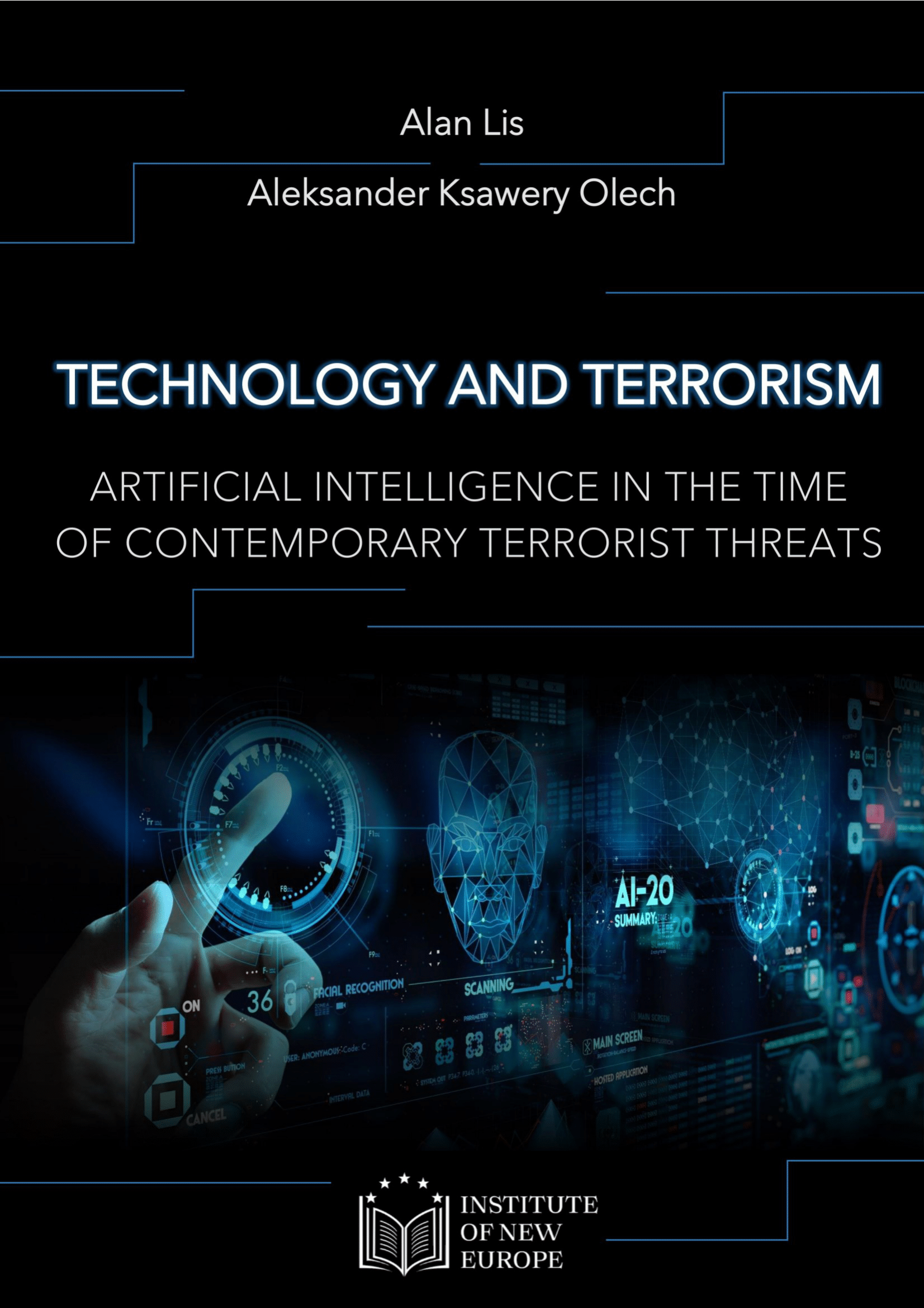Engaging the Unlikely: A Strategic Pivot in Counterterrorism
In the continuing saga of counterterrorism and the fight against the ever-evolving threat of ISIS, recent events serve as a stark reminder of the group’s persistence and lethal intent. A horrific attack outside Moscow, claiming over 130 lives, underscores the grim reality: despite significant strides in counterterrorism, ISIS remains a grave, omnipresent threat. Such brazen acts of terror, including the devastating 2021 Kabul airport bombing, illuminate the group’s sustained capability to project power and inflict harm well beyond its immediate geography.
The resurgence and metamorphosis of ISIS, particularly the Khorasan branch (ISIS-K), into a more decentralized and clandestine entity, demand a reassessment of counterterrorism strategies. Now, as a consultant in cybersecurity and artificial intelligence, my experience and understanding of emerging technologies offer a unique perspective on modern counterterrorism efforts. Parallel to technological evolution, our approach to combatting entities like ISIS-K must be dynamic, leveraging both technology and unconventional alliances.
Understanding the Implications
- The Persistent Threat: ISIS’s adeptness at regrouping and rebranding poses continuous challenges. The group’s capacity to inspire and orchestrate attacks globally, exemplified by recent assaults in Iran and Turkey, not only reflects its resilience but also the complexity of entirely defeating such networks.
- A Strategic Void: The withdrawal of U.S. forces from Afghanistan and the subsequent power vacuum have inadvertently facilitated ISIS-K’s resurgence. The Taliban’s mixed success against ISIS-K and its focused internationalization agenda indicate a strategic redirection towards an external attack network.
The scenario elucidates a bitter reality: the containment and defeat of ISIS require more than military might; it necessitates strategic, intelligence-based approaches that capitalize on regional dynamics and technological advancements.
Forging Unconventional Alliances
Given the transformed battlefield, where ISIS operates in shadows beyond borders, reinstating counterterrorism as a strategic priority is imperative. The paradoxical nature of potential alliances, particularly with the Taliban, offers a conduit for actionable intelligence. This is not to suggest a normalization of relations but a pragmatic, focused cooperation against a mutual threat.
< >
>
<
>
Engaging in such “marriages of convenience” is not unprecedented in intelligence history. Shared intelligence between adversarial nations illustrates the practicalities of prioritizing immediate threats over long-standing animosities. Collaboration, however limited, could facilitate crucial insights into ISIS-K’s operations, potentially averting catastrophic attacks on Western soil.
Technological Frontiers in Counterterrorism
Artificial Intelligence (AI) and Machine Learning (ML) stand at the forefront of modernizing counterterrorism efforts. The capabilities of these technologies to process vast amounts of data for pattern recognition can be pivotal in preempting threats and disrupting terror networks. My work in developing machine learning models for predictive analysis underscores the potential for AI in enhancing the precision and efficiency of counterterrorism operations.
< >
>
Simultaneously, the deployment of cybersecurity measures to counter digital radicalization and impede virtual coordination of terror entities represents another critical avenue. My professional journey, transitioning from cloud solutions to AI enhancements, reinforces the belief in leveraging technology as an essential pillar in the fight against terrorism.
Conclusion: Balancing Ethics with Pragmatism
Confronting ISIS’s mutating threat landscape necessitates a blend of traditional intelligence work and innovative technological interventions. The idea of collaborating with groups like the Taliban, fraught with ethical and operational complexities, may seem counterintuitive. Yet, the exigencies of counterterrorism might warrant such tactical engagements, underpinned by stringent oversight and focused objectives. As we venture into this precarious terrain, the fusion of human intelligence and technological prowess could herald a new era in our collective endeavor to safeguard global peace and security.
Indeed, the path forward is fraught with challenges and moral quandaries. However, the overarching goal remains clear: a steadfast commitment to counterterrorism, adaptability to emerging threats, and an unwavering resolve to prevent future atrocities. As we persist in this collective journey, let’s remember the imperative of innovation, collaboration, and ethical vigilance in securing a safer world for all.